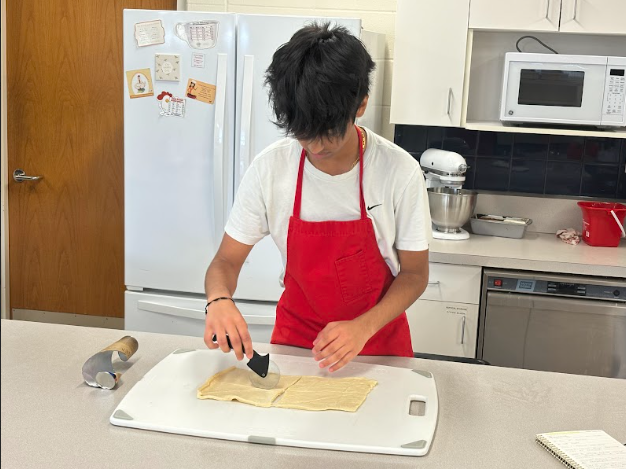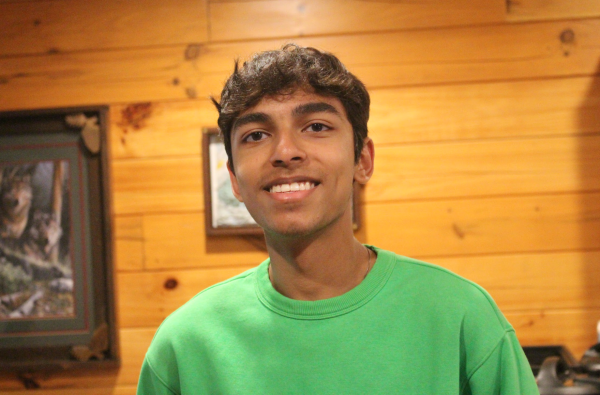At PVHS, all students are required to complete a full semester or year of a career and technical education (CTE) class in order to graduate. These classes are designed to prepare students with technical and professional skills for the future, but, for some, they are a burden.
A wide variety of CTE classes are offered at PVHS, ranging from food classes to automotive maintenance to computer science. This stipulation has helped students find their passion in a career field, but it has also inhibited students from taking a class of their liking.
One of the most popular CTE courses at PV is Food Prep, where students learn basic culinary skills and kitchen hygiene. Foods teacher Claire Slifka loves the opportunity to share her passion for culinary arts with students by helping them prepare food for the first time. “I love teaching a non-traditional class. By teaching a food class, I am able to see students under a new light,” Slifka expressed.
Slifka finds joy in striking a passion for culinary arts in students. “Many of the students I’ve taught have found their passion because of my class. I have several students that have taken all the culinary classes at PV, and now they are pursuing a culinary arts degree at Scott Community College,” Slifka continued.
Without the CTE requirement, many students might not have been able to uncover their passion for a certain field. This requirement plays a crucial role in providing students with the opportunity to explore different career paths and discover their true calling.
However, for others, this requirement is an obstruction. Many students have a passion for science. Senior Aayush Deshpande is one of these students and hopes to pursue a career in that field. This has motivated Deshpande to take two science classes each year. “STEM, especially science, is what I have a passion for. Sometimes, I wish I had more room in my schedule for more science classes,” Deshpande said.
Wanting to continue his passion in science, Deshpande enrolled in AP Chemistry this year, but he was unable to take the class because of the CTE requirement. The scheduling conflict forced him to take food prep and unenroll from AP Chemistry. He, and other similar students, believe this requirement is not advancing their education.
“To me, the CTE requirement would be taking more science classes. I know I want to do that after high school, so it would benefit me more to take those classes. Now, although food prep is fun sometimes, I am not as prepared for college as I could be,” Desphande stated.
As the debate around CTE classes continues at PV, it reflects a broader conversation across the United States. Schools around the country are trying to juggle technical education with academic flexibility, ensuring that students are prepared for the workforce and are given the freedom to pursue their passions. As education constantly evolves, so will the future of CTE classes. Whether they are seen as an opportunity or a burden, their role in education is still up for debate.









